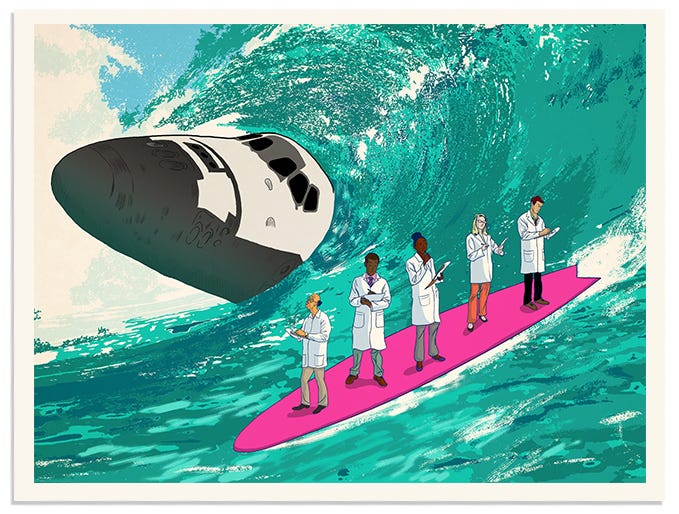Known as the Silbo Gomero...
On our recent transatlantic cruise on board the Maasdam, I was lecturing about the ecology, culture and geology of the Canary Islands. I presented a clip from the following excellent UNESCO video on the unique and amazing "Whistled Language of Gomera" Description: The whistled language of La Gomera Island in the Canaries, the Silbo Gomero, replicates the islanders habitual language (Castilian Spanish) with whistling. Handed down over centuries from master to pupil, it is the only whistled language in the world that is fully developed and practised by a large community (more than 22,000 inhabitants). The whistled language replaces each vowel or consonant with a whistling sound: two distinct whistles replace the five Spanish vowels, and there are four whistles for consonants. The whistles can be distinguished according to pitch and whether they are interrupted or continuous. With practice, whistlers can convey any message. Some local variations even point to their origin.
Taught in schools since 1999, the Silbo Gomero is understood by almost all islanders and practised by the vast majority, particularly the elderly and the young. It is also used during festivities and ceremonies, including religious occasions. To prevent it from disappearing like the other whistled languages of the Canary Islands, it is important to do more for its transmission and promote the Silbo Gomero as intangible cultural heritage cherished by the inhabitants of La Gomera and the Canary Islands as a whole.






